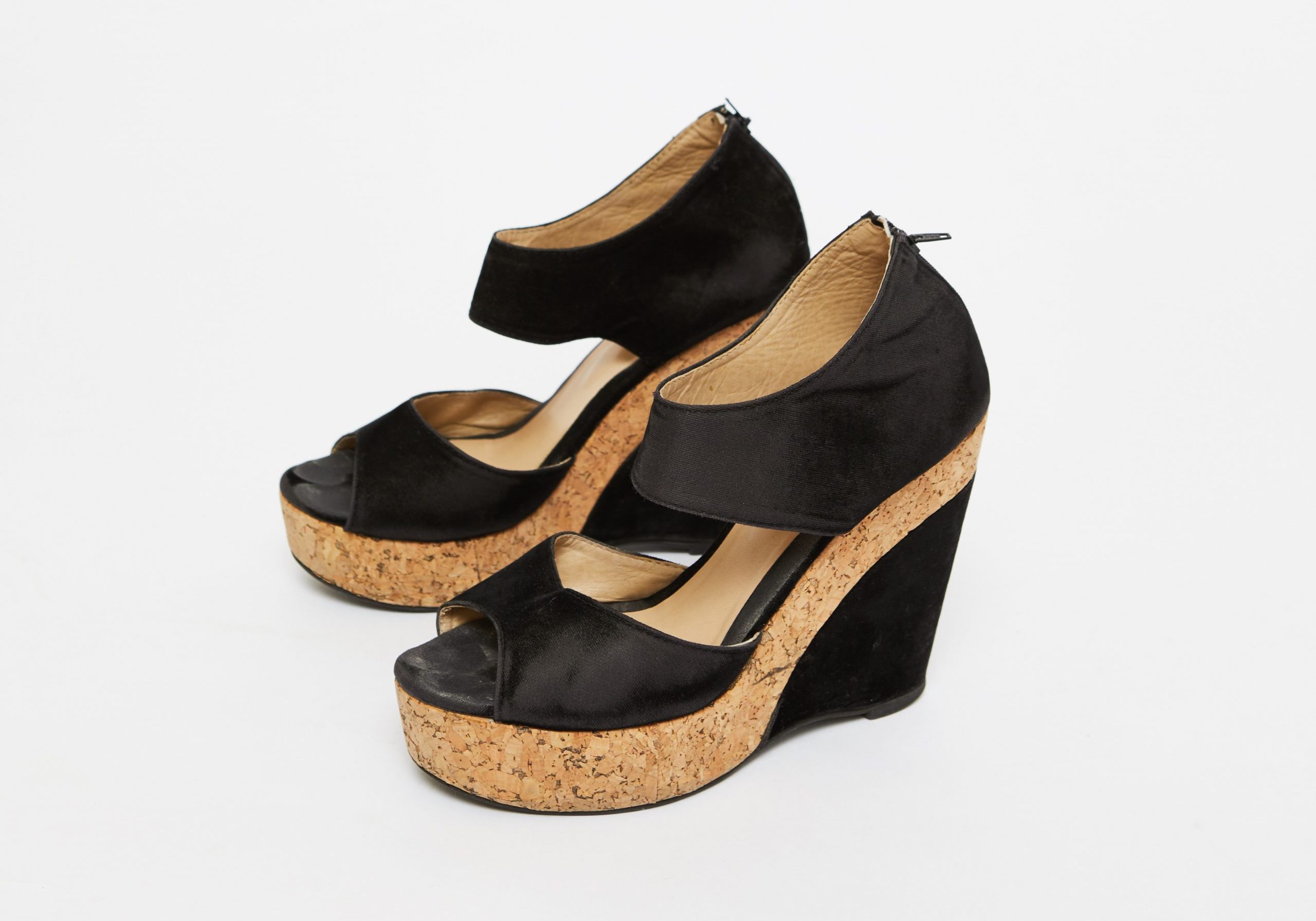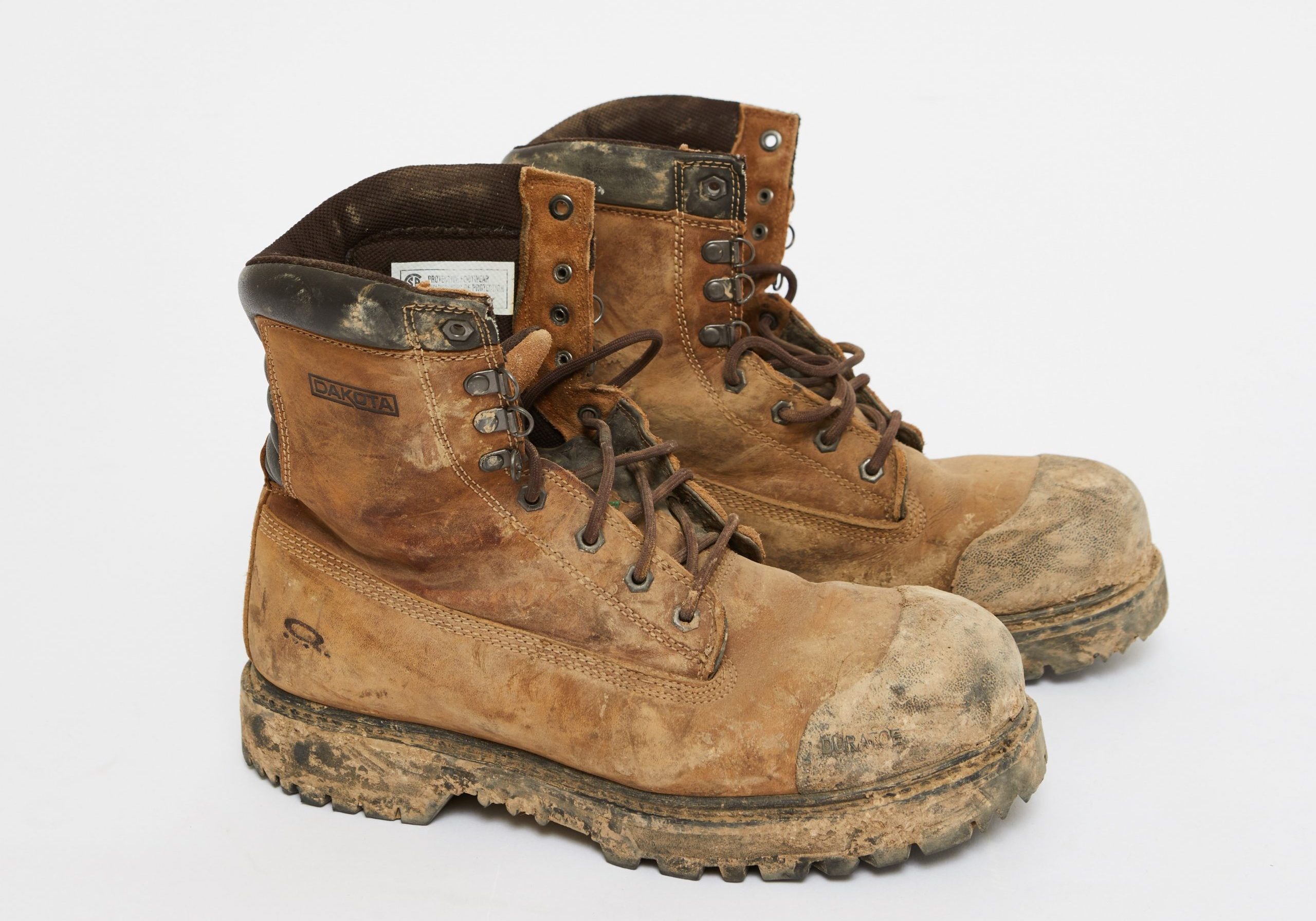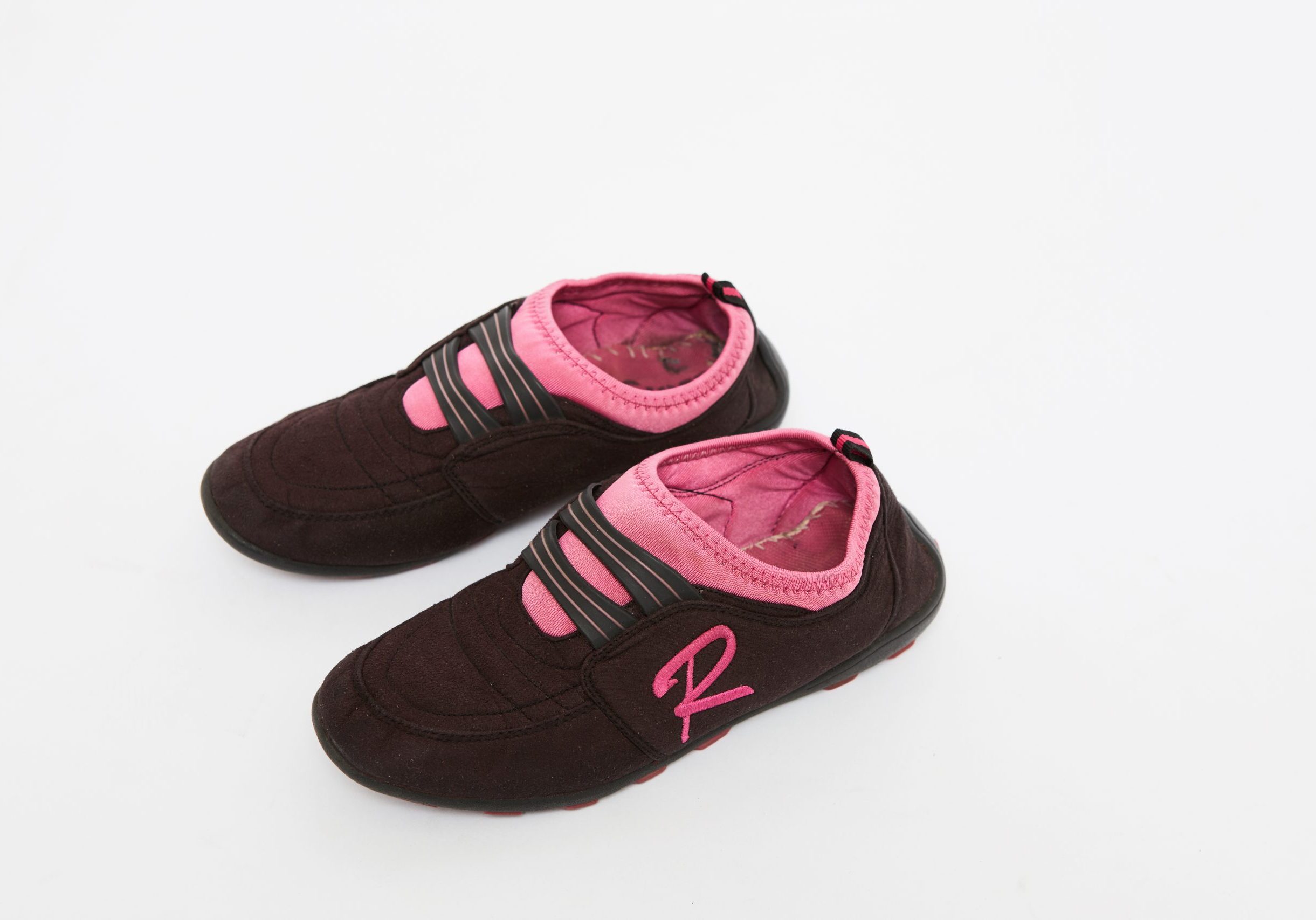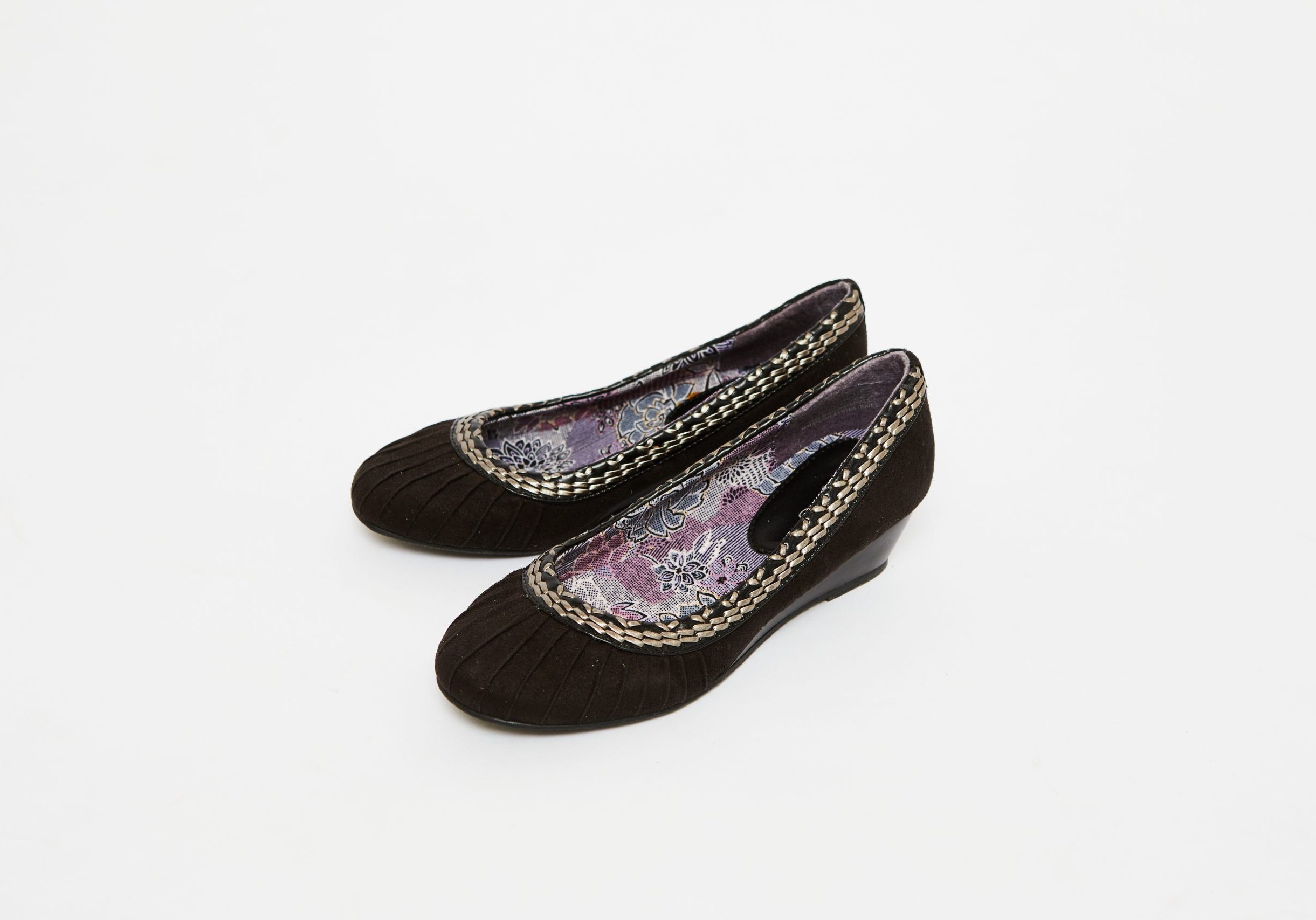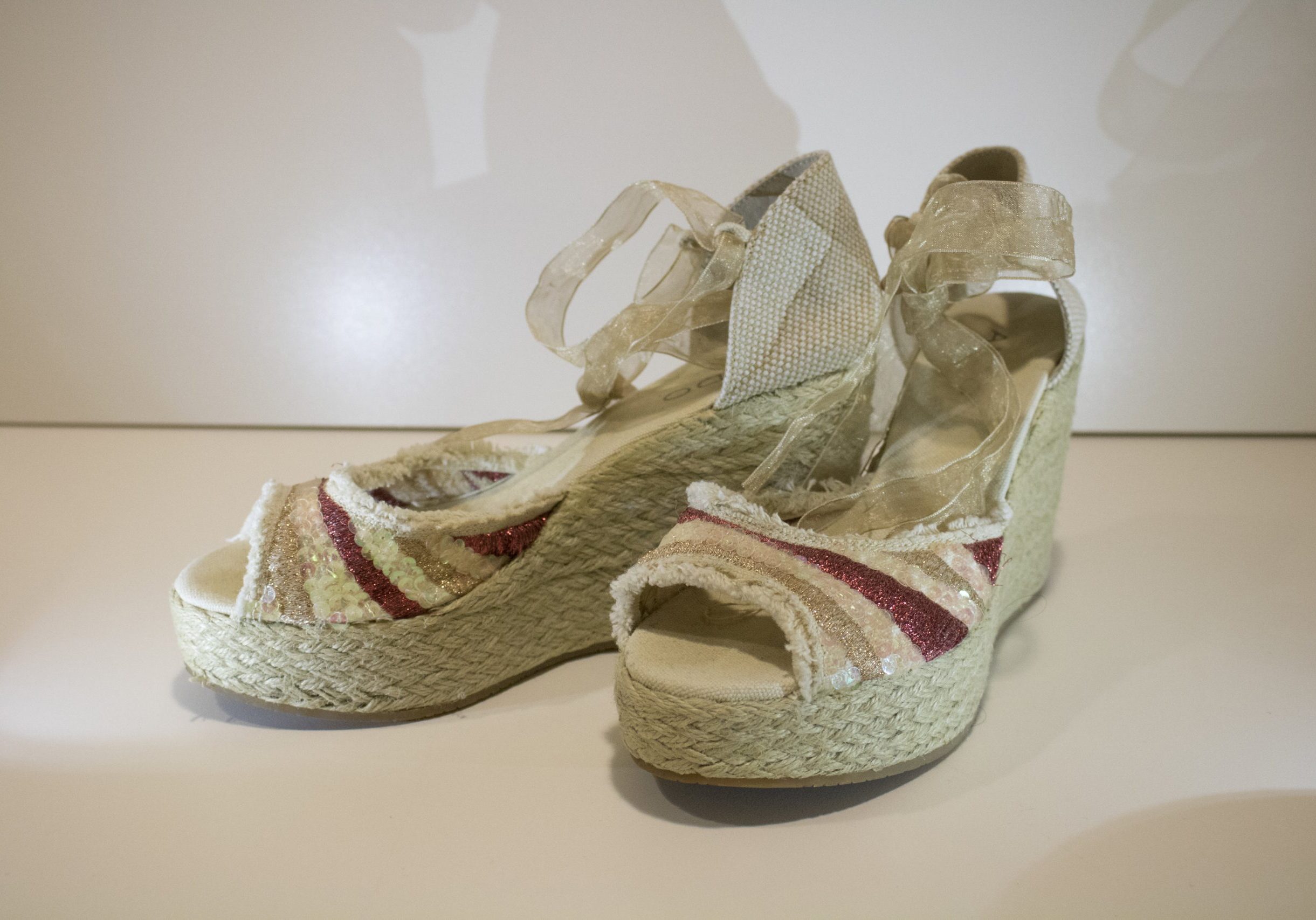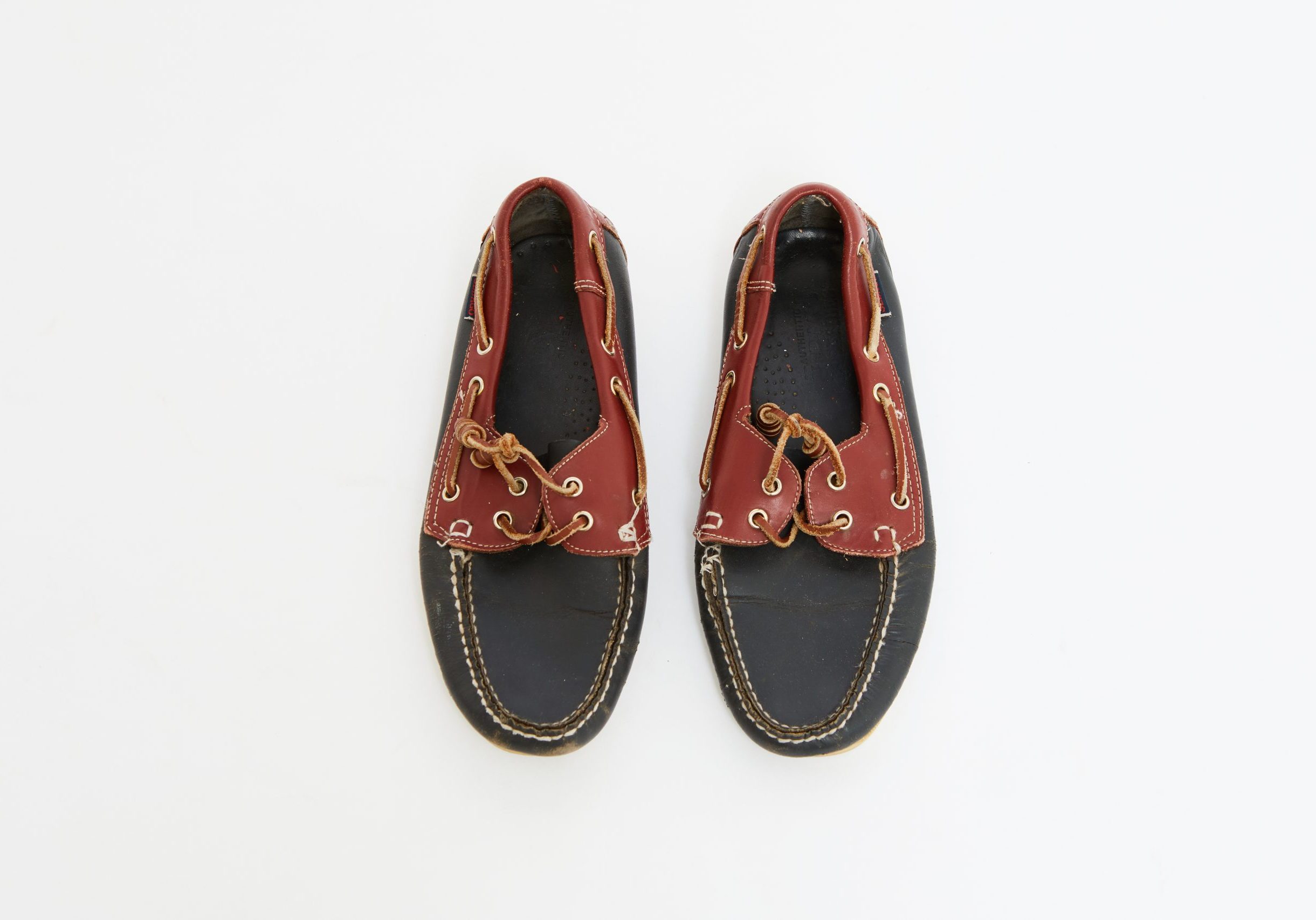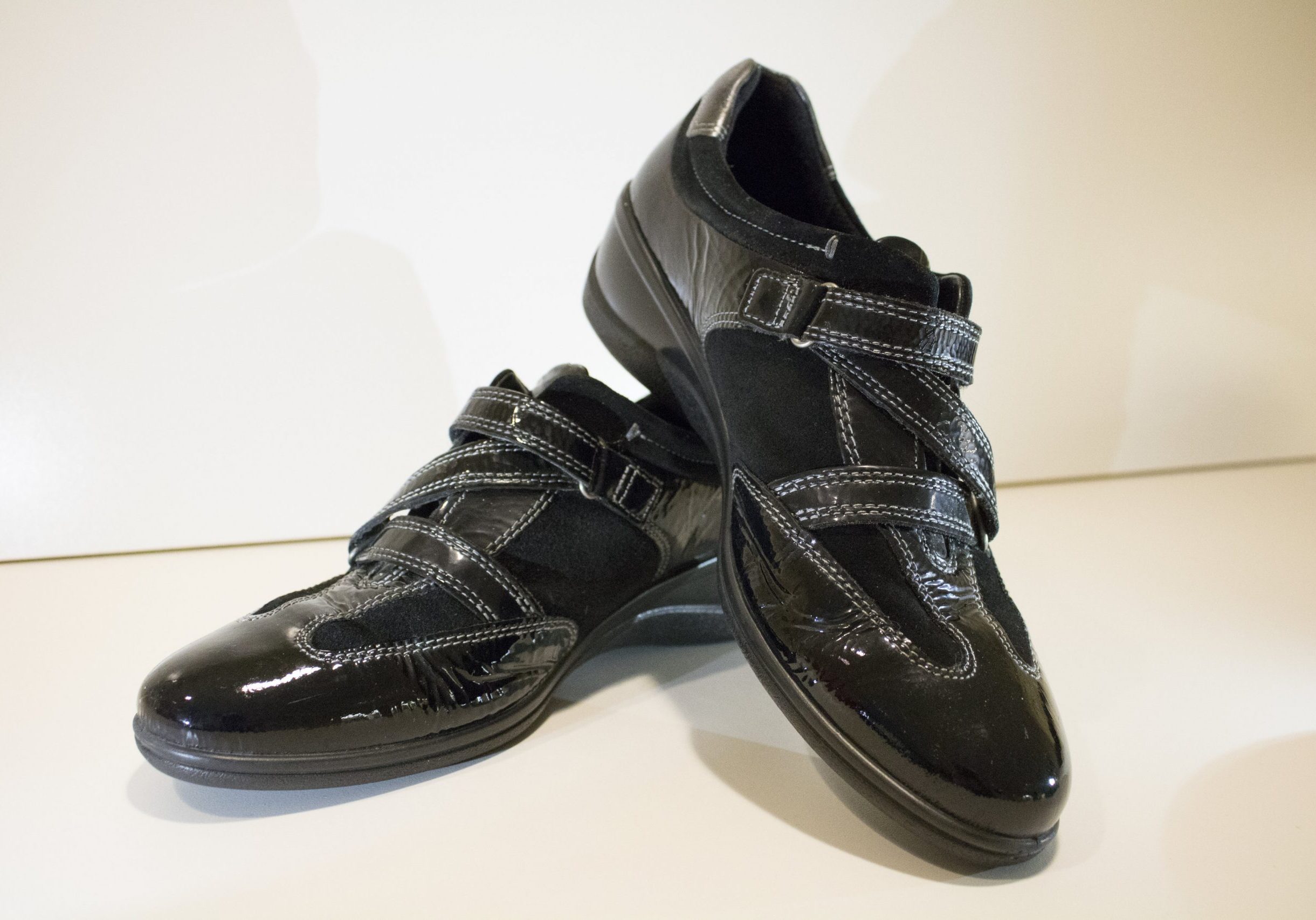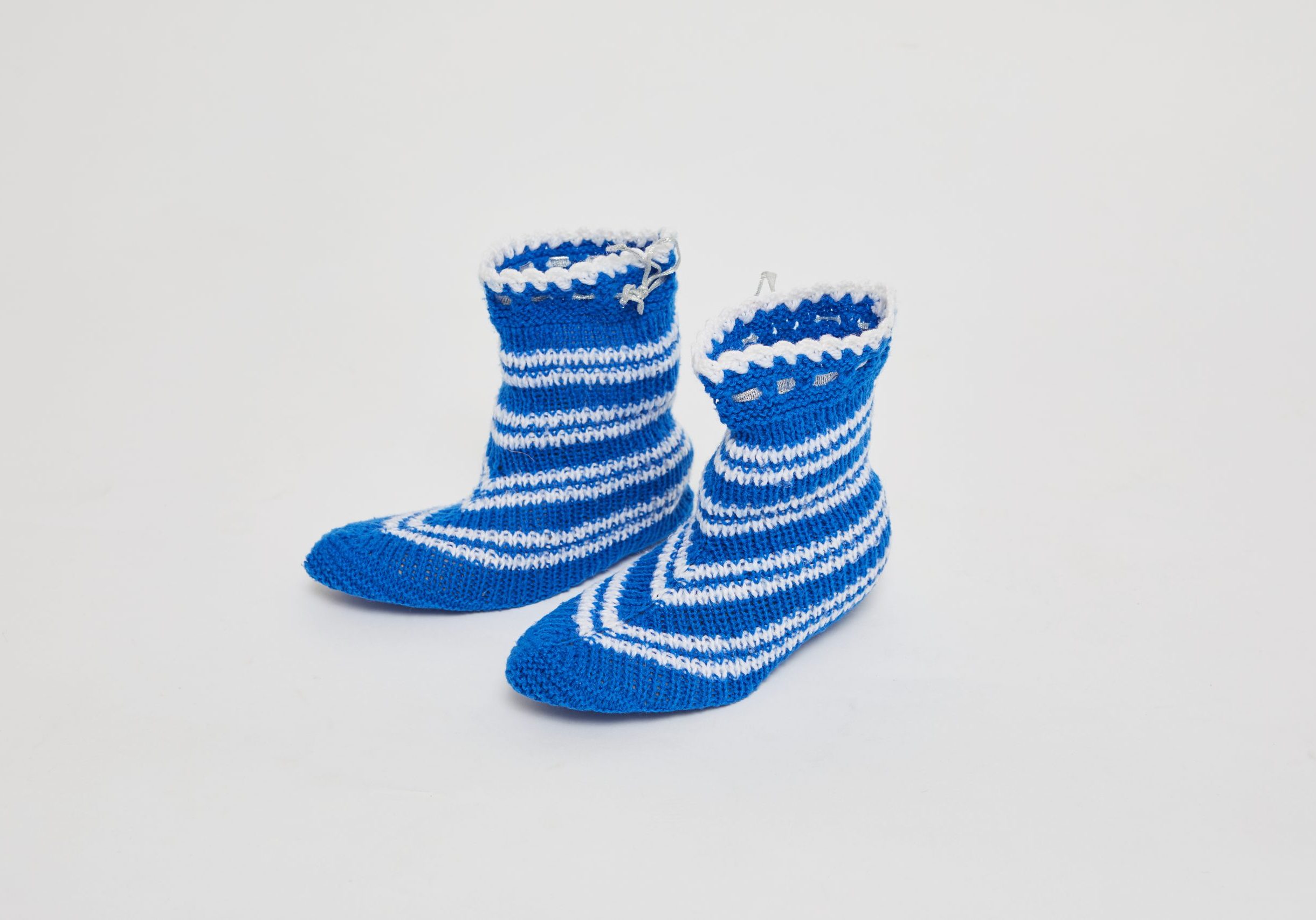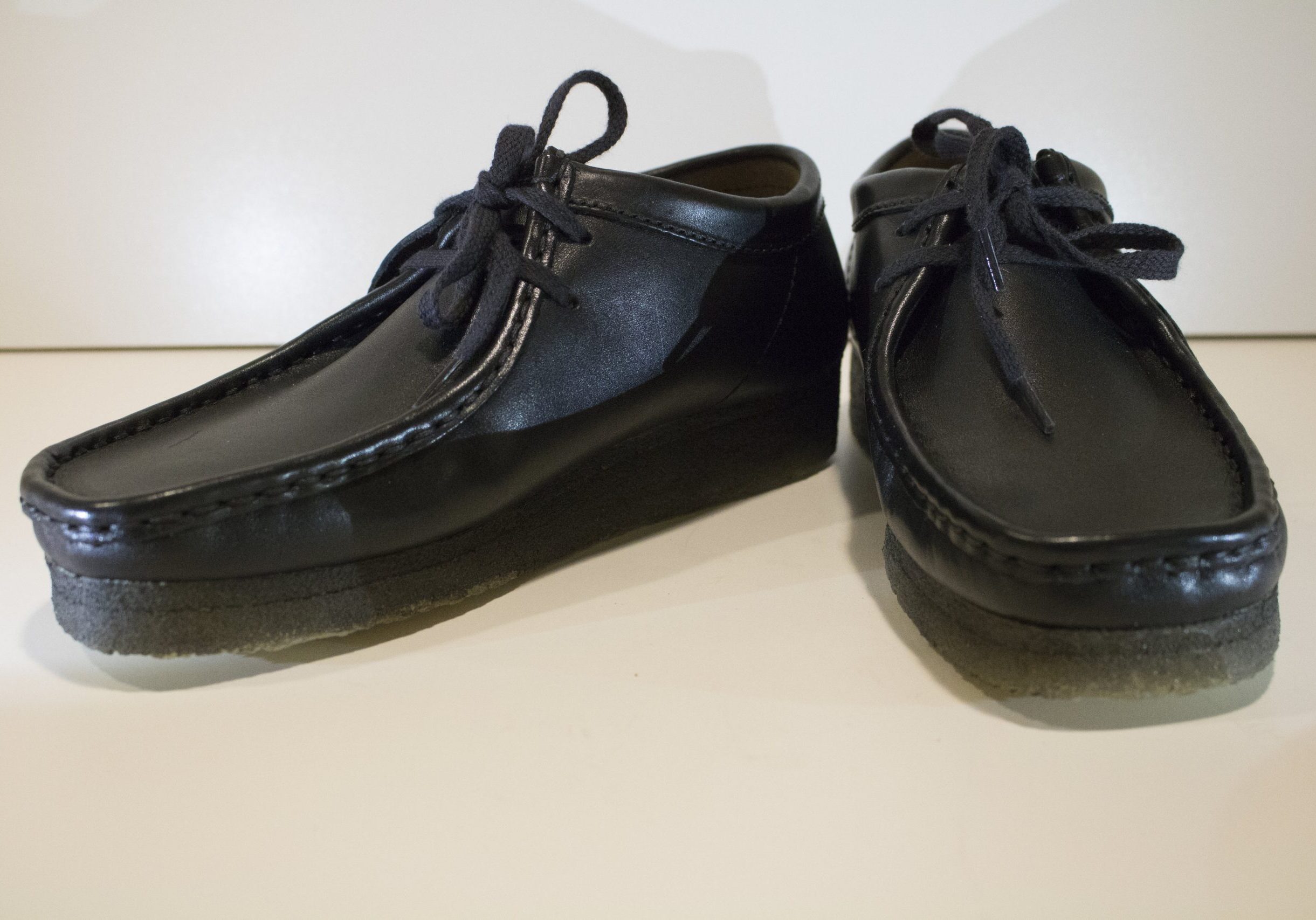The Forgotten Box
Noriko Ohsada
Summary:
25 years after immigrating to Canada, Noriko Ohsada finds her long-forgotten, old Japanese dress shoes in the closet and begins to contemplate her true identities, connections and disconnections in her family and own culture. Is her sister right when she says Noriko is no longer Japanese?
Story:
I opened my shoe closet, hoping to find a pair of interesting shoes for my fourth Shoe Project. My eyes caught a familiar but long-forgotten box. I lifted the lid, tenderly unwrapped the tissue paper, and saw my ivory dress shoes, the ones with “the most graceful ladies” inscribed in English on the insole. They were the only shoes that travelled with me from Japan. I gazed at the heels, but I didn’t try them on. There was a distance between the shoes and me. They were revealing my sensitive past that I was afraid to confront. What if they didn’t fit me anymore?
I have owned this elegant pair with little bows on top for more than a quarter-century but seldom wore them when I was in Japan and totally forgot about them in Canada. To my surprise, the made-in-Japan shoes had one-and-a-half-inch heels. I had believed I only bought very low heels in Japan, always less than half an inch, because I didn’t want to emphasize my height. Apparently, that was only an imperfect memory of my self-conscious younger self.
In Japan, when I was at school or office, I kept this popular saying in mind: “The nail that sticks out gets hammered in.” Japanese society expects you to behave in standardized ways to maintain a harmonious environment. I liked, and still like, my peacefully organized, respectful motherland.
When I first came to Canada, I had a one-year visa and brought only one duffle bag. Although I had planned to advance my career in Japan, I fell in love with my new life, and a man, in Canada. Every time I returned to Japan for a short visit after my immigration, I brought items back to my Canadian home: beautiful Japanese tableware and heavy books my mother collected for me, Japanese educational materials for my young children, and old Kimonos I never wore. Despite my desire to live differently in Canada, my roots and heart were with Japan.
But others felt I had abandoned those roots and become a gaijin, a foreigner. When I met one of my sisters a few years after I moved to Canada, she said I was “no longer Japanese.” It made me sad as if I was disqualified for something vital in me.
Years passed, and my new family grew. I missed important family events in the Far East, although I had good reasons, which my Japanese family understood. My sisters didn’t invite me to their weddings, and I didn’t insist on attending. I kept my formal shoes in the box and hid my guilt for many years.
But I couldn’t ignore my fear of losing my foundation. Two years ago, right after my mother’s passing, I vowed to go to Japan twice a year with the hope of getting back the bonds with my remaining Japanese family.
Now, I have been living in Canada for more than half of my life. My old ivory shoes symbolize my need to hold onto my true self in the past, but I am still hesitant to try them on. For today, I have new black summer high heels. They have two-inch heels, so I can be tall when I wish. The contemporary sandals demand a bold pedicure. The first occasion for this pair was my eldest daughter’s high school graduation. There will be many more family celebrations for these heels. I will not let my Canadian family become detached like my family in Japan.
With or without high-heeled shoes, I am standing tall and balancing my identity. I fight to keep my essential core alive while embracing Canada as my new home.
NORIKO OHSADA immigrated from Japan in 1991 and built a family of three daughters with her husband, Kaoru. She is a Japanese calligraphy artist and works part-time in the accounting field. She is currently exploring her love of writing.
Read Other Stories from this Author
Meg's White Skates
Noriko Ohsada has newly arrived from Japan when her first baby is born. When she learns that baby Meg has Down’s Syndrome...
Her Shoes, My Shoes
Meg wins silver medals for skating in the Special Olympics but does not qualify to go on. Her mother, Noriko Ohsada, is...
Sky Blue Silk
Although I loved Japan and its rich culture, I felt that I didn’t fit there. I didn’t want to wear the typical colour for my special...
